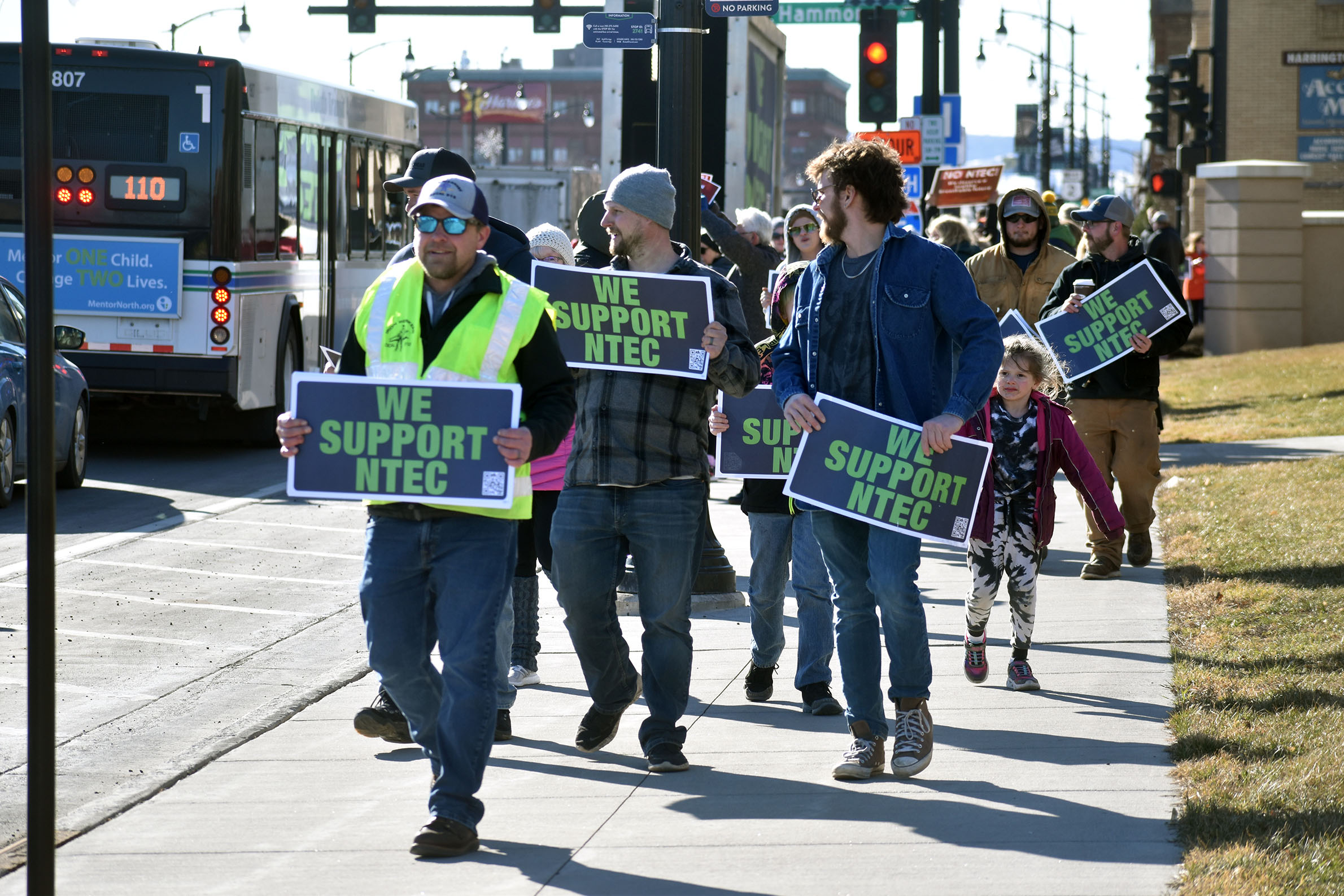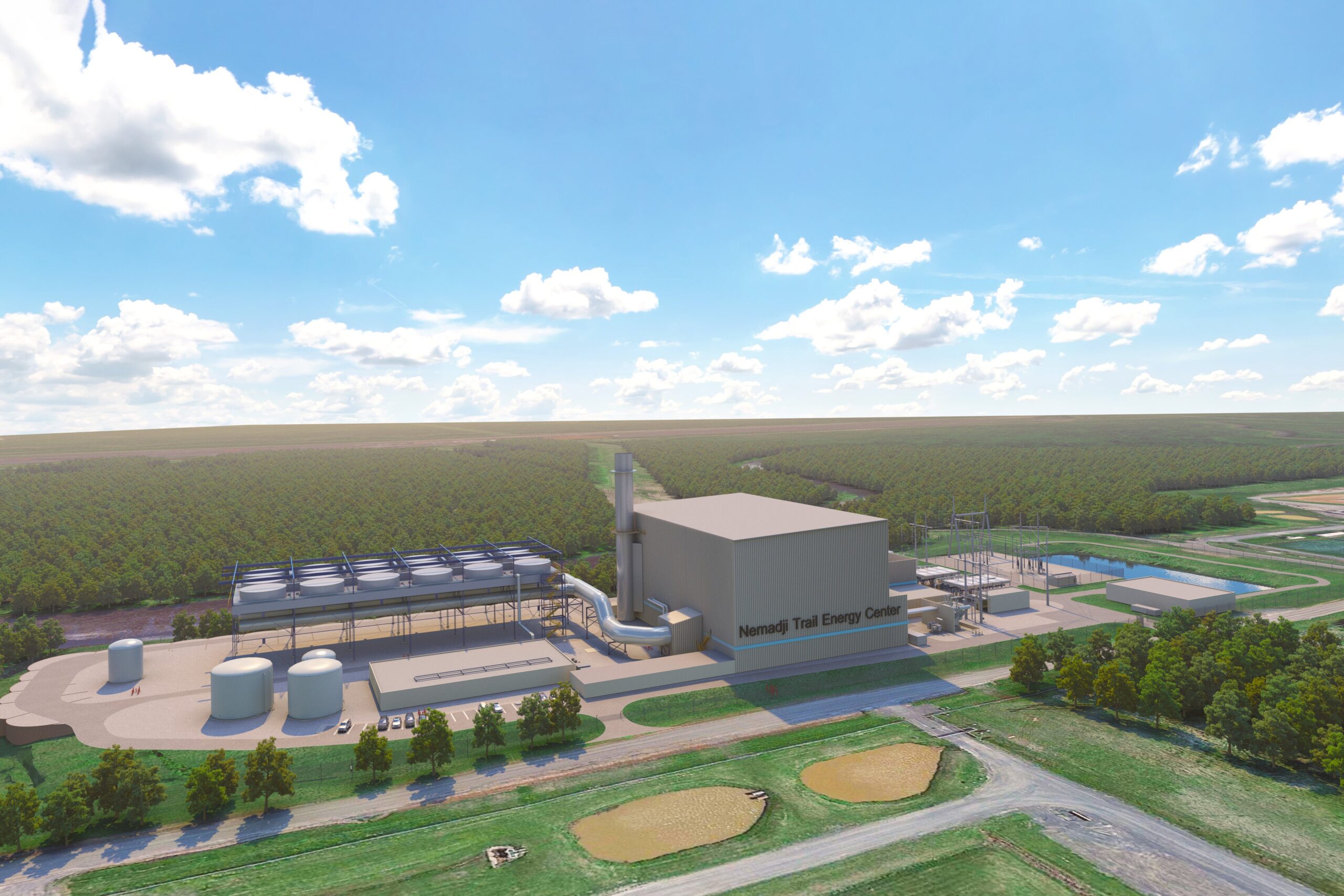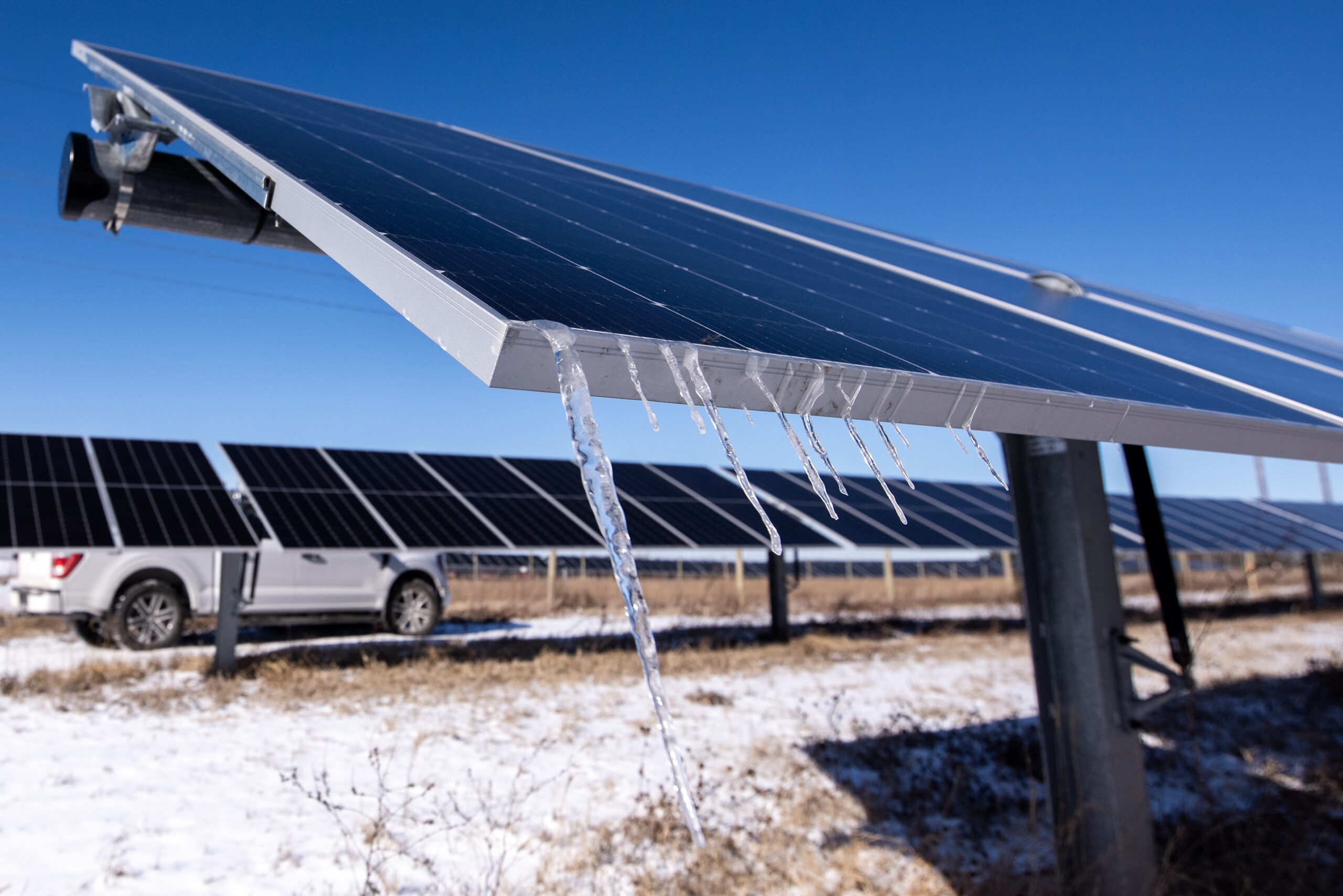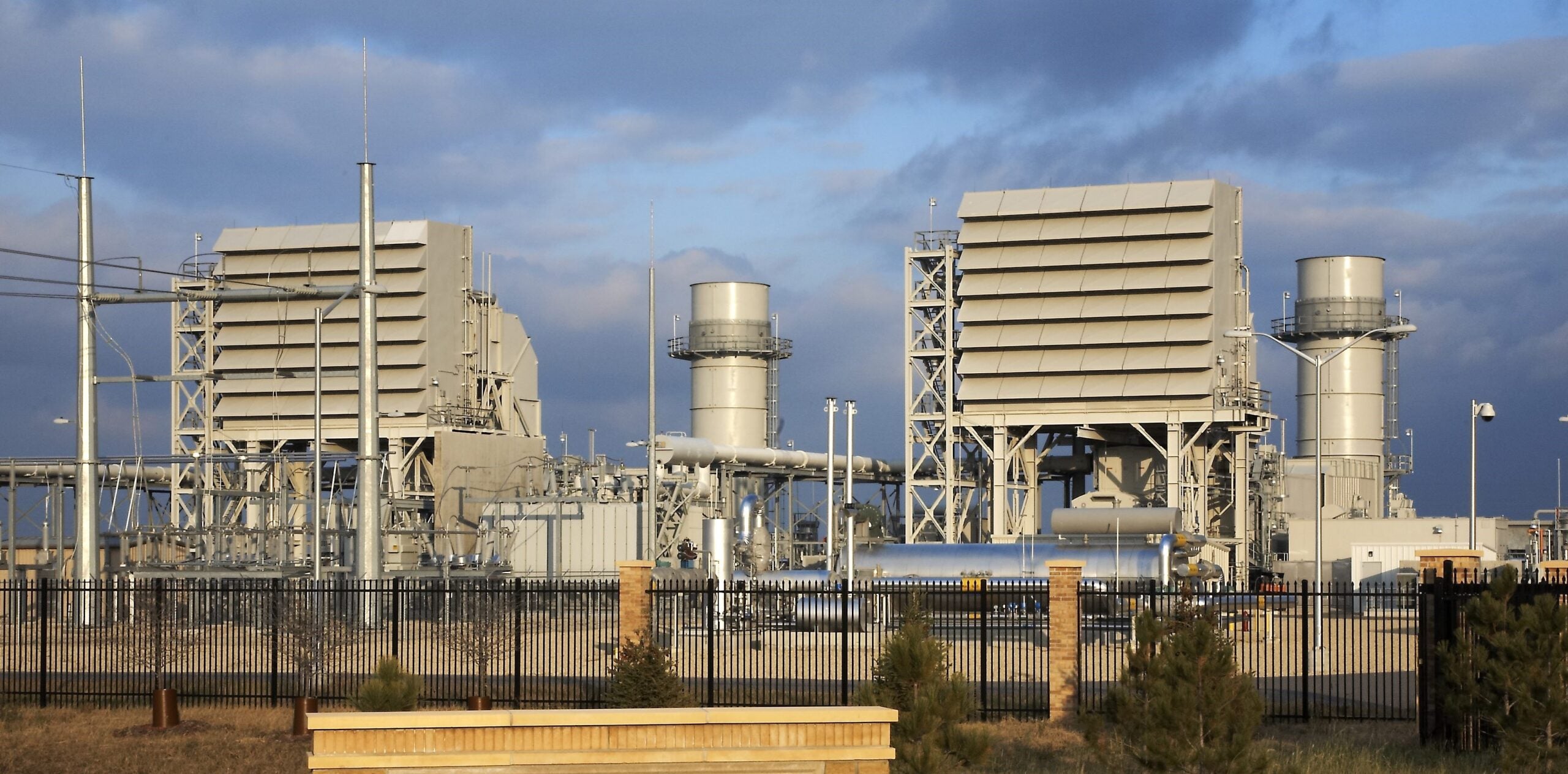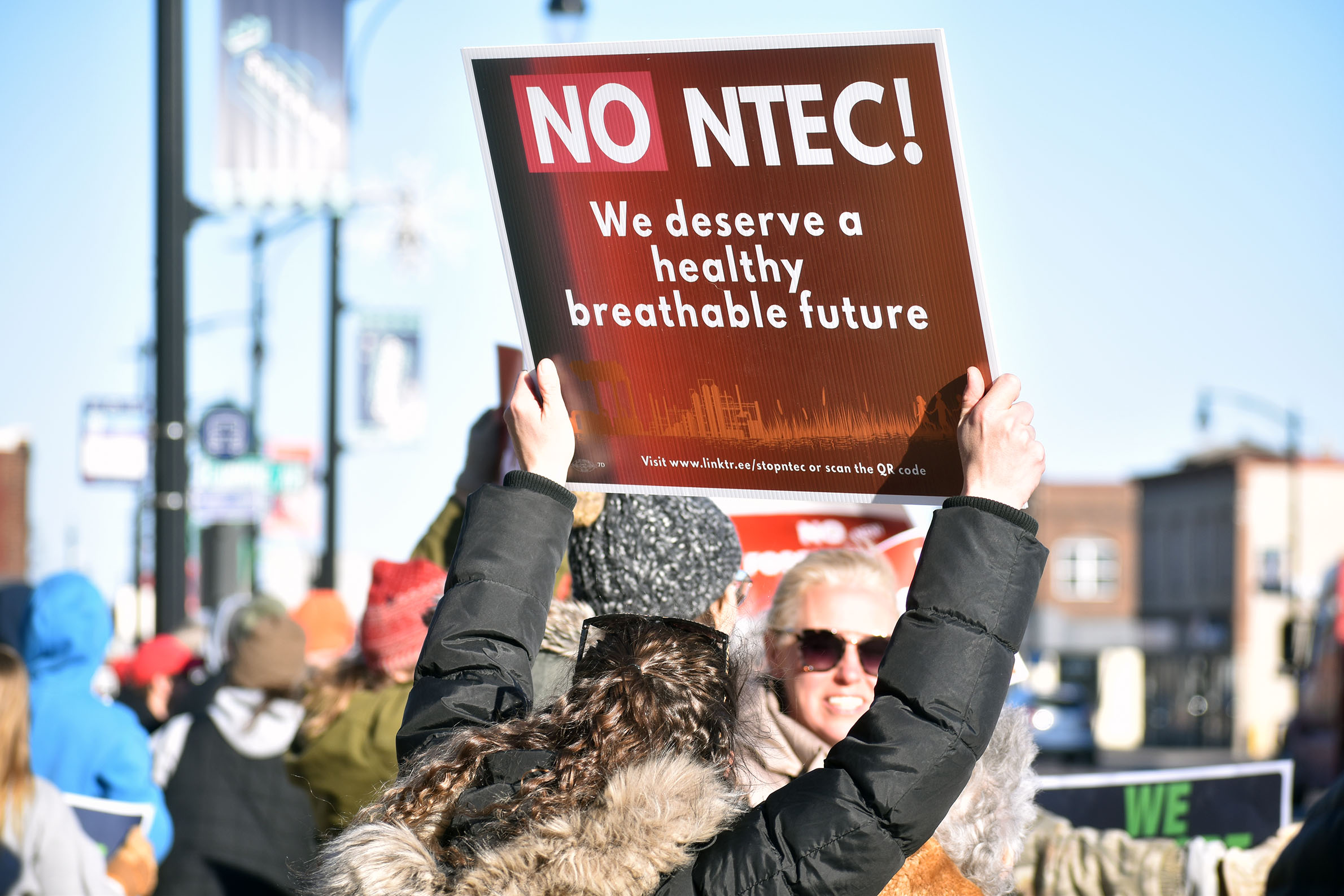The Nemadji Trail Energy Center promises to bring 350 construction jobs and 25 permanent jobs to Superior, as well as $1 million in annual tax revenue.
Critics say the joint venture of three power companies would also bring public health and environmental woes. That’s led to years-long legal battles that have included rulings favoring the project by state and federal regulatory agencies and courts, and challenges to those decisions by opponents that have contributed to construction delays.
Most recently, the Superior City Council moved to restrict the plant’s construction via zoning regulations. That was followed by a court filing last week that would preserve the companies’ rights to challenge the city’s action in the future.
News with a little more humanity
WPR’s “Wisconsin Today” newsletter keeps you connected to the state you love without feeling overwhelmed. No paywall. No agenda. No corporate filter.
The project’s partners are Minnesota Power, Basin Electric Power Cooperative of North Dakota and La Crosse-based Dairyland Power Cooperative. The cooperative’s COO, Ben Porath, spoke with WPR’s “Robin Washington”Morning Edition” about the benefits of the plant.
This transcript has been edited for brevity and clarity.
Robin Washington: The critics dispute the number of jobs to be created. It sounds like it should be pretty empirical. Can you affirm that there will be 25 permanent jobs and 350 construction jobs?
Ben Porath: Yes, I can. During the construction of a major infrastructure project like this, there will be up to 350 folks working anywhere from getting the ground ready to the actual physical construction of the plant. Once construction is complete, obviously an electric gas plant like this needs to be available 24 hours a day, seven days a week, 365 days a year. Twenty-five folks is how many we’ll need to staff this properly.
RW: What about the environmental effects? The basic argument against the gas plant is that any fossil fuel, even a cleaner one, just kicks the can down the road and delays transitioning to truly renewable power sources.
BP: There’s an ongoing debate in our industry of how we make the energy transition. Dairyland Power and our partners on the NTEC project all agree that we as a country need to go to a lower carbon future. So the question is how do we get to that and how long is it going to take? We look at natural gas as that transition fuel that will help us get there because while wind and solar are good, there are times when they’re intermittent. So we need natural gas as that transition fuel, which is much lower carbon intensity than things like coal.
RW: Why is Superior the ideal place for the gas plant? It already has heavy industry, including an oil refinery that had a serious explosion.
BP: We’re looking at where we have an intersection of a natural gas pipeline and where there is high-voltage transmission access so that you can connect it to the grid. There are some high-voltage lines from the Duluth-Superior area to central Wisconsin that we could utilize.
RW: The opponents say the billion dollars isn’t an investment because it will come from ratepayers, including from Superior, and suggest that the locals themselves will be footing the bill.
BP: I think that’s oversimplified. All infrastructure has to get paid for somehow. At Dairyland, as a cooperative, we’re a not-for-profit. We get the majority of the funding for our projects from the Rural Utilities Service, which is a sub-department under the U.S. Department of Agriculture.
There are national-level regulators who look at the power grid for 10, 20, and 30 years out. They’re saying there are significant concerns about reliability of the grid as more of those historic power plants — coal, nuclear, older natural gas plants — retire without not being back-filled. When the sun’s not shining, when the wind is not blowing strong for a three to five to seven to 10-day period, you need something there to keep the grid on and reliable. And that’s what a plant like the Nemadji Trail does.
Editor’s note: This story has been updated to reflect that rulings by Wisconsin and Minnesota regulatory agencies and state courts favored the project. The story has also been corrected to reflect Ben Porath’s role as COO.
If you have an idea about something in northern Wisconsin you think we should talk about on “Morning Edition,” send it to us at northern@wpr.org.
Wisconsin Public Radio, © Copyright 2025, Board of Regents of the University of Wisconsin System and Wisconsin Educational Communications Board.

